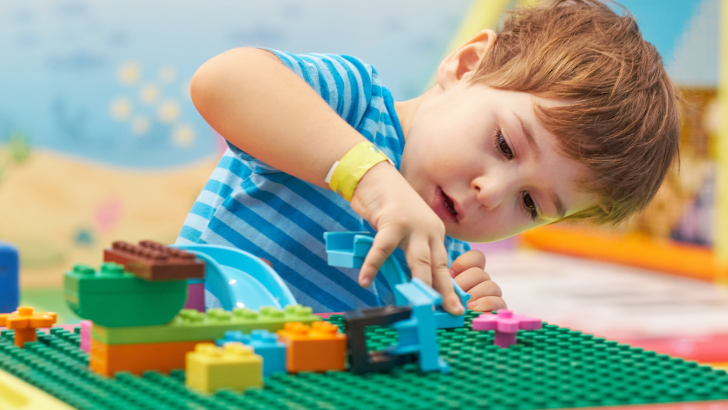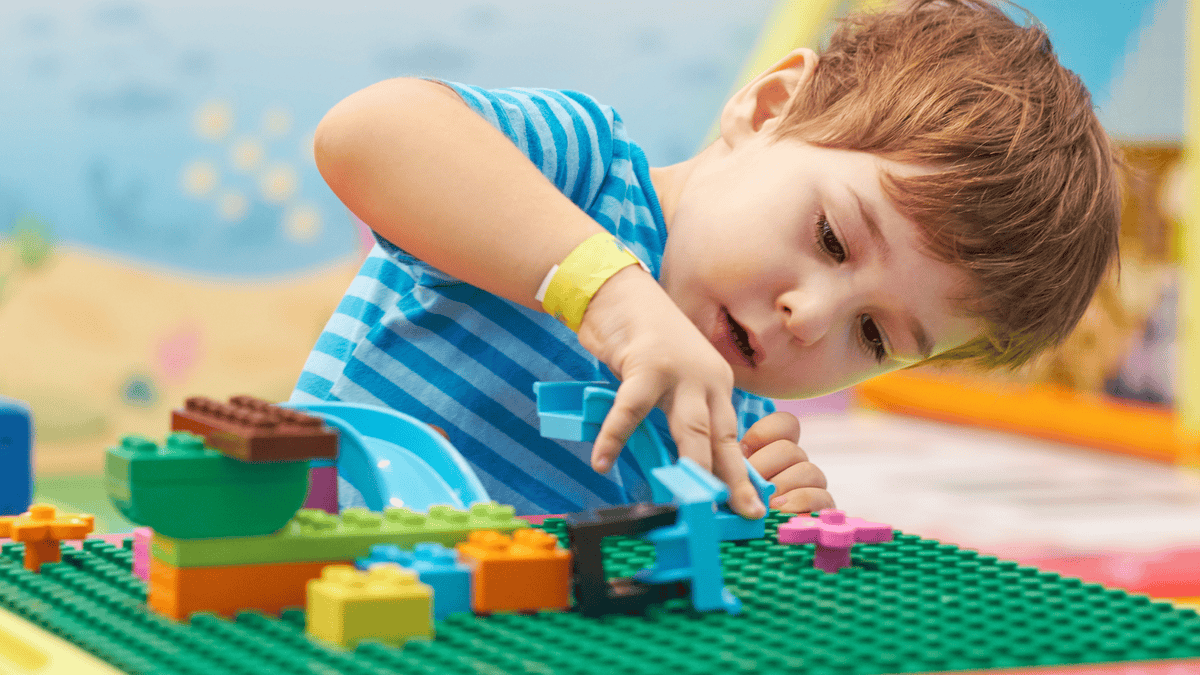Children who do well in school and are ‘bien‘ at home are often associated with bright futures and success.
While it can be true, there are several small things kids do daily that show they are more intelligent than we think and that guarantee a successful life.
Here are the ten things children do that show they are destined for success.
1. They Ask, “Why?” Constantly
Being curious is what makes you smart. Kids who ask a lot of questions aren’t trying to be difficult; instead, they’re just discovering how things work. If a child keeps asking “why,” it implies they want to comprehend, not just memorize.
This inherent curiosity helps people learn how to solve problems and be creative later in life. It educates kids to question what they think instead of just going along with what others say.
Parents who encourage their kids to ask questions nurture kids who become leaders, innovators, and critical thinkers who aren’t afraid to go beyond what they’re told. Their “why” period could be annoying, but it’s really a sign of a little genius.
2. They Don’t Fear Being Alone
Some children like to be alone and do things like drawing, building, or thinking. It’s not an indication of being shy; it’s a sign of being emotionally independent. Kids who are okay with being alone learn to trust themselves and stay focused.
They learn to like being by themselves instead of always requiring other people’s approval. That independence typically leads to resilience in maturity; they don’t break down when things get tough or when they’re alone.
Instead, they use being on their own to rest and create things. A child who can be content alone typically becomes an adult who can lead without seeking the approval of others.
3. They Bounce Back After Setbacks
Every child falls down, but some get back up faster than others. This is called resilience, and it’s one of the best signs of long-term success. These kids don’t stay down after losing or getting a lousy grade.
They could cry or pout, but then they try again. They don’t think of failure as a permanent thing. Parents who let their kids face problems instead of always saving them teach them how to be persistent.
Life honors those who can get back up after falling. Resilient kids become adults who see problems as opportunities instead of the end of the world.
4. They Notice Things Others Miss
Kids who pay attention to minor things generally become creative and thoughtful leaders as they grow up. They might notice when a friend is depressed or offer questions that no one else thought about.
This sensitivity suggests that you are emotionally smart and aware. Kids who pay attention instinctively connect the dots that other people miss. This is a skill that successful businesspeople, scientists, and artists all have in common.
When a child is silently watching, they are typically learning more than you think. Later in life, the capacity to read people and circumstances with nuance will be one of their most useful skills.
5. They Take Responsibility for Mistakes
A child who says “I messed up” instead of blaming someone else is exhibiting maturity beyond their years. Taking responsibility generates trust, and trust is what makes success happen. These kids know that making mistakes doesn’t mean the end; it means they can get better.
Parents who value honesty over perfection raise kids who can solve problems instead of making excuses. Kids who learn to be responsible early on are likely to grow up to be adults who lead groups, run initiatives, and make their own decisions.
They don’t waste energy hiding their weaknesses; they use it to get better. In a world where everyone points fingers, accountability quietly makes them stand out.
6. They Care About Other People’s Feelings
One of the best indicators of emotional intelligence is empathy. Kids who are emotionally intelligent become adults who do well in relationships, at work, and as leaders.
When a kid consoles a friend, shares an item of food, or worries about someone being left out, they are learning to care about other people. When you become older, being able to understand how other people feel becomes a superpower.
Being brilliant isn’t the only thing that leads to success; it’s also about making connections. People naturally trust and follow people who care about them. A nice kid might not always stand out in class, but they usually grow up to be the one everyone goes to.
7. They Stay Deeply Focused on What They Love
It’s not just play when a child can sit for hours building something, painting, or reading about the universe. It’s passion. Children who can focus for lengthy periods of time are showing early signs of self-control and purpose.
That focus, when directed, creates the basis for adult mastery. They can find their way later in life by getting lost in something important.
Parents who support these targeted hobbies, even if they seem strange, are actually helping their kids stay interested in learning. What a child is interested in today could be their life’s work tomorrow.
8. They Question Rules That Don’t Make Sense
When done politely, rebellion is frequently a sign of critical thought. Kids who question authority aren’t always bad kids; sometimes they’re simply children with big ideas.
They have an innate understanding of what is right and wrong. When kids say, “Why do I have to?” it’s not being rude; it’s a sign of being smart. They’re learning the difference between following orders without thinking and doing what’s right.
A lot of inventors, reformers, and intellectuals began as young people who didn’t merely follow the rules. That questioning mentality can become leadership when it is cultivated properly. This is the kind of leadership that changes systems instead of following them.
9. They Adapt Easily to Change
Adaptability is a unique quality and can be seen in kids who can easily adjust to new schools, friends, or habits, and it will stay with them as adults. They know that life is always changing and that fighting it just makes things worse.
They don’t panic; instead, they find their footing and keep going. That kind of flexibility makes them adults who do well in jobs that change all the time, who face problems that come up unexpectedly, and who easily solve complicated relationships.
Kids who can adapt are open-minded learners who aren’t afraid to start over. In a world that changes every second, being able to adapt is not only useful, it’s necessary for success.
10. They Dream Big (Even If It Sounds Unrealistic)
When a kid says they want to be an astronaut, musician, or inventor, they aren’t being foolish; they’re using their vision. Kids who dream without bounds are showing that they are creative, self-assured, and believe in themselves.
It’s not the dream itself that matters; it’s the way you think about it. People who dream become doers because they learn to recognize opportunities where others see limits.
Parents who don’t laugh at their kids’ crazy ideas teach them that ambition is a good thing, not something to be ashamed of. The children who think about the impossible are the ones who actually make it a reality.
Born and raised in Bosnia and Herzegovina. Ever since I was a little girl, my imagination knew no bounds. I remember vividly how I’d scribble down short stories, each page bursting with adventures and characters conjured up from the whimsy of my mind. These stories weren’t just for me; they were my way of connecting with my friends, offering them a slice of my fantasy world during our playtimes. The joy and excitement on their faces as we dived into my fictional realms motivated me to keep writing. This early passion for storytelling naturally evolved into my pursuit of writing, turning a childhood hobby into a fulfilling career.











